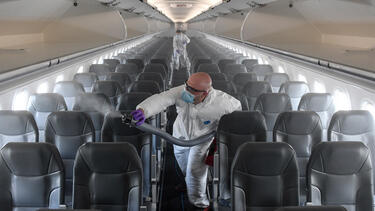Economics
When Skilled Workers Go Abroad, Their Home Countries Experience ‘Brain Gain’
When skilled workers from poorer countries migrate to wealthy ones, there are benefits for the origin countries as well as workers and the host countries, according to new research co-authored by Yale SOM’s Mushfiq Mobarak. But anti-immigrant sentiment and policy could disrupt this mutually beneficial dynamic.
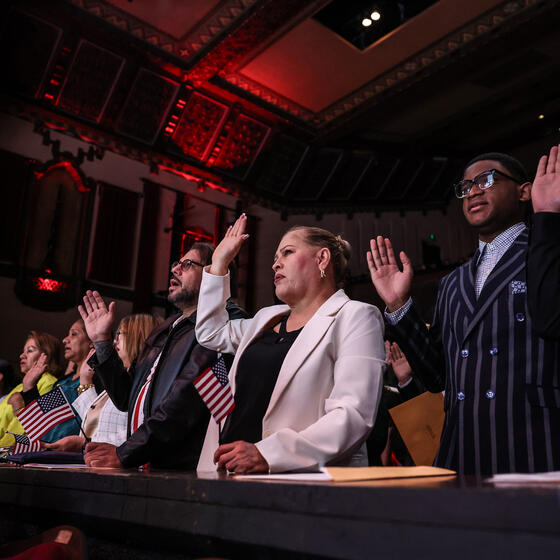
To Extend Vaccines’ Reach, Distribute Them through Dollar Stores
A new Yale study says that a partnership with the Dollar General retail chain, which is being considered by the CDC, could bring vaccination sites substantially closer to low-income, Black, and Hispanic households in many parts of the United States.
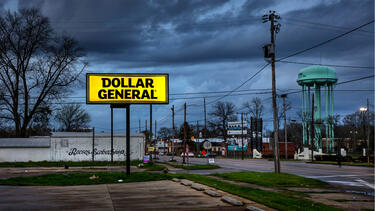
Skilled Workers Flee from Polluted Cities, Hampering Economic Growth
In China, highly educated people are more likely to move away from areas with poor air quality. Reducing pollution could substantially increase GDP there and in other countries, according to a new study co-authored by Yale SOM’s Mushfiq Mobarak.
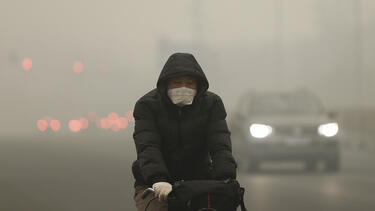
Study: Improved Video Game Technology Contributed to Decline in Work by Younger Men
Between the 2000s and the 2010s, weekly recreational computer use by men in their 20s rose by 2.7 hours; at the same time, working hours for this group dropped by 1.8 hours. A study co-authored by Yale SOM Dean Kerwin K. Charles concludes that improving technology caused much of the increase in gaming, and nearly half of the decline in working hours for young men.

How Firms Can Harness Internal Competition
A new study finds that pitting teams against each other is effective in clarifying the way forward. But once a decision is made about which path to pursue, everybody must rally around the chosen idea—and not look back.
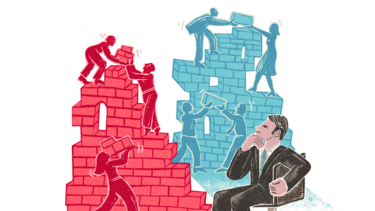
The Practical Game Theorist
Prof. Barry Nalebuff extracts pragmatic insights from game theory to improve the practice of innovation, strategy, and negotiation.

Did Congress Just Fix Surprise Medical Billing?
A new federal law prevents patients from being billed by out-of-network doctors after being treated in an in-network hospital. We asked Prof. Fiona Scott Morton, whose research helped bring the practice to light, what the new law will mean for patients and healthcare costs.

Weakening Unions Can Lead to Gender Gap in Wages
In 2011, legislation in Wisconsin reduced the power of unions to negotiate teachers’ salaries. Within five years, male teachers started earning more than women did.
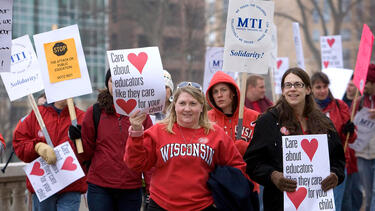
What Can Smartphone Location Data Tell Us about the Pandemic?
Yale SOM’s Kevin Williams and his co-authors used cellphone location data to create a data set tracking movement during COVID-19, which is publicly available for researchers.

Video: Why You Should Care about Antitrust
We asked Prof. Fiona Scott Morton, former chief economist for the Justice Department’s Antitrust Division and the founder of the Thurman Arnold Project at Yale, to explain why antitrust violations are bad for consumers and how the government can respond.
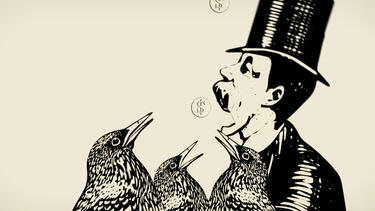
How Is the Airline Industry Adapting to COVID?
Debilitated by COVID-19, airlines are preparing to cut more than 30,000 jobs as soon as next month. We asked Prof. Kevin Williams to explain some of the economics of air travel and how the industry can survive in an age of stay-at-home orders.
